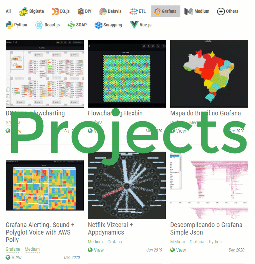Install
pip install pyzabbix
Login
ZABBIX_SERVER = '<zabbix server url>'
zapi = ZabbixAPI(ZABBIX_SERVER)
# Login to the Zabbix API
zapi.login(user, pwd)
List Hosts
hosts = zapi.host.get(monitored_hosts=1, output='extend')
hosts = [{k:r[k] for k in ["host", "hostid"]} for r in hosts]
Download Metric
for host in hosts:
print(host["host"])
data = get_metric(host["hostid"], "Total CPU Utilization", (2020,5,1), (2020,6,1))
Get Metric
def get_metric(host_id, metric, dfrom, dto):
dfrom = int(datetime.datetime(*dfrom).timestamp())
dto = int(datetime.datetime(*dto).timestamp())
hostitems = zapi.item.get(filter={"hostid": host_id, "name": metric})
t_metric = [item for item in hostitems if metric == item["name"] and item["hostid"] == host_id]
data = {"values": [], "timestamps": []}
if len(t_metric):
# Create a time range
item = t_metric.pop()
# Query item's history (integer) data
history = zapi.history.get(hostids=[host_id],
itemids=[item["itemid"]],
time_from=dfrom,
time_till=dto,
output='extend',
#limit='5000',
history=item["value_type"]
)
if len(history) == 0:
return data
df = pd.DataFrame(history)
df = df[["clock", "value"]]
df["value"] = df["value"].astype(float)
df["clock"] = df["clock"].astype(int)
df["clock"] = df["clock"]*1000
return {"values": df["value"].tolist(), "timestamps": df["clock"].tolist()}
return data

